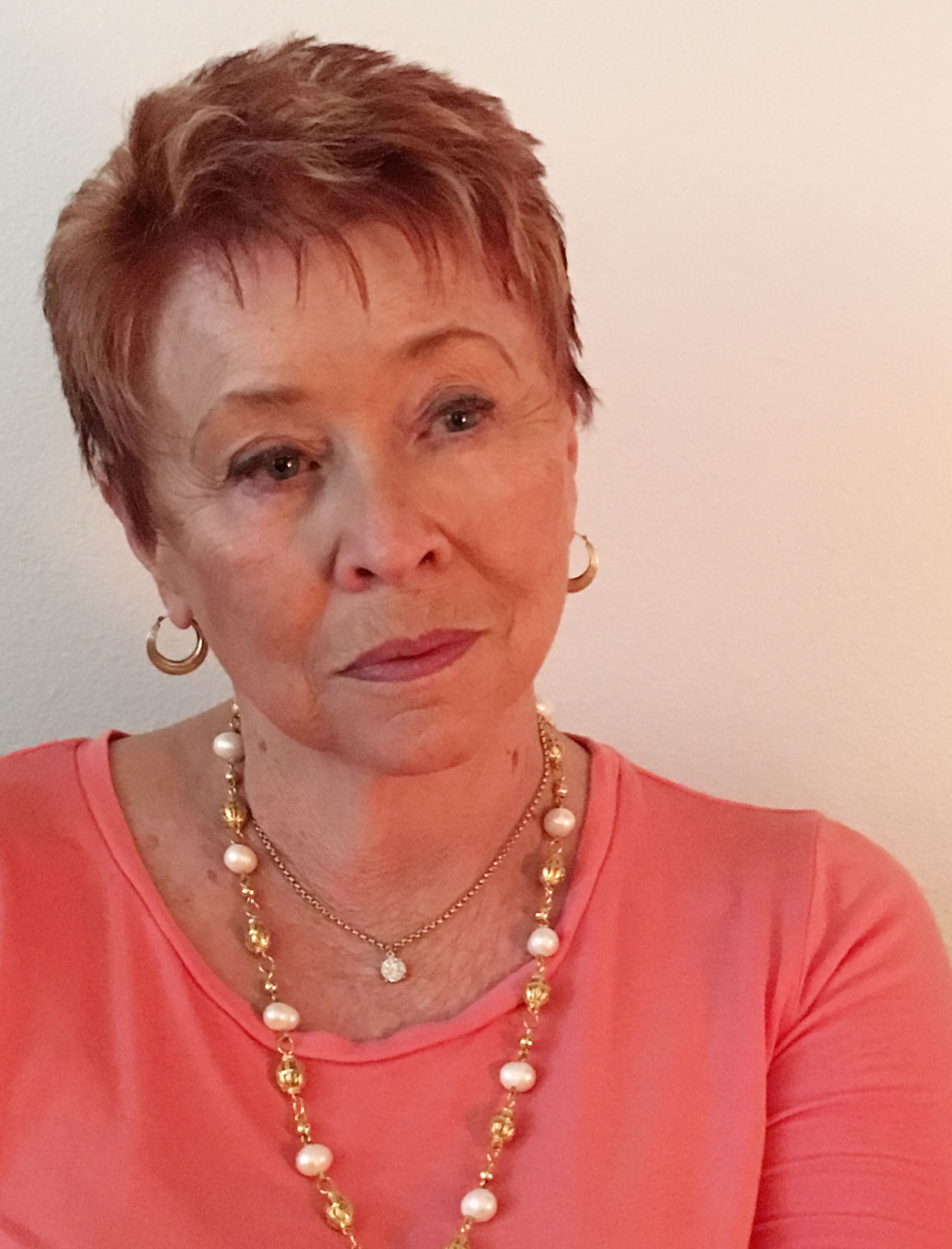Comprehensive approach
YOU ARE HERE: 2018 ARCHIVES → COMPREHENSIVE APPROACH... → FOSTER CARE MONTH → TY - THREE RIVERS
Comprehensive approach can treat addictions, avoid foster care
Published on July 25, 2018
 Much is written about the cost of the opioid crisis: the lives lost, the dreams deferred, the potentials never realized, and the crimes perpetrated to secure a drug that enslaves so many of our neighbors, friends, and family members to the extent that it becomes the center of their existence.
Much is written about the cost of the opioid crisis: the lives lost, the dreams deferred, the potentials never realized, and the crimes perpetrated to secure a drug that enslaves so many of our neighbors, friends, and family members to the extent that it becomes the center of their existence.
The cost — in terms of medical care, law enforcement and the child welfare system — is enormous. We all pay a price. And while treatment is effective, gaining access to it is difficult and resources are not always available. The barriers are formidable, and all too often they result in “treatment denied.”
No one pays a higher price for this epidemic than children whose parents are unable to provide a safe home, so they are suddenly placed in foster care. In Lane County today, 1,074 children are in foster homes. They face two years or more away from their parents, with fewer than 50 percent of them ever returning home.
Overwhelmingly, parental substance addiction is cited as the largest single family factor that results in a child entering foster care. Oregon data show that more than 52 percent of these families have alcohol and drug issues, and child welfare workers would likely tell you it is much higher. Twelve percent of these children will live in six or more foster homes before they have a permanent home. Many will never go home.
The tragic legacy of this family disruption includes the generational cycle that is repeated far too often. More than 70 percent of the adults in Willamette Family’s residential substance abuse treatment centers were in foster care as children. They lived through the trauma of losing their parents, their extended families, their schools and their friends, and they experienced multiple moves into different foster homes in the most formative years of their lives.
Imagine the trauma that this inflicts upon their development, their ability to succeed in school, their self-identity and their basic need to form healthy attachments and relationships with others. No wonder they often turn to drugs and alcohol themselves.
Addiction, poverty, housing instability, mental health trauma and domestic violence are all primary reasons that Oregon children are placed into foster care. Agencies that provide wonderful services to help families overcome these conditions are handicapped by restraints that keep funding in silos that address only a single issue. Many times, this results in fragmented and duplicated services that fail to provide a comprehensive, integrated response.
We can change this. By providing targeted and comprehensive interventions that blend existing resources to allow children to live safely with their parents in an environment that provides treatment for both addiction and mental health conditions, teaches healthy parenting skills, provides developmental assessments for children, and offers essential coaching to help parents learn the life skills that will allow them to become productive members of our community, lives are saved and families remain together.
We know this works. Over the past eight years, 80 percent of the children and families who live together and receive these comprehensive services while the parents are in substance abuse treatment at Willamette Family remain together, and foster care is averted. And none of these children have been abused.
As long as funding for treatment, foster care, law enforcement, and other human services remain in silos and inflexible, breaking the twin cycles of addiction and child abuse remains out of reach. We must come together, blend our resources, and create new opportunities for recovery and family preservation.
Susie Dey is executive director of Willamette Family Inc., which provides mental health and substance abuse/addiction services. Registered Guard Link



